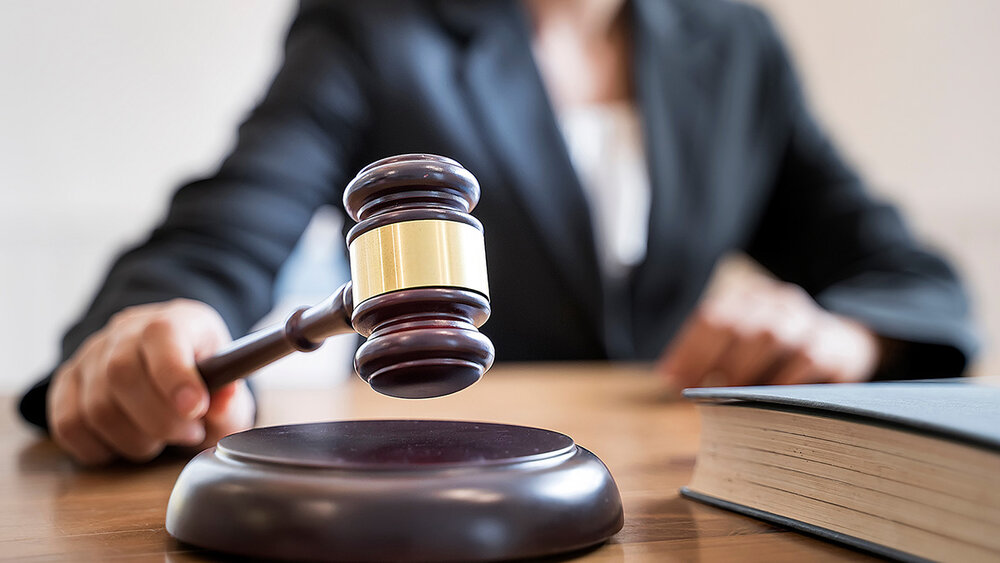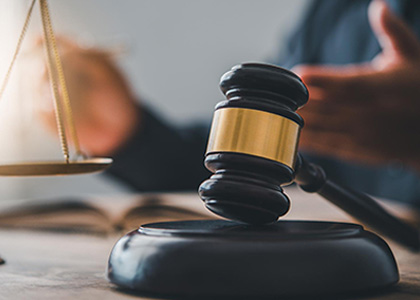
Types of Bankruptcies
Bankruptcy is a set of federal rules and laws that can assist businesses and individuals with more debts than they can pay. There are various reasons people may consider filing for bankruptcy. Perhaps an illness that led to loss of income, or you are struggling with an overwhelming debt load.
However, not all businesses or people qualify for bankruptcy. Federal judges determine the cases which can be forwarded to the federal court. In addition, there are different types of bankruptcies. Applying for the appropriate chapter is crucial, and an experienced bankruptcy attorney can help you achieve that.
The bankruptcy code is categorized into chapters. In Middle Tennessee, most bankruptcy cases are from chapters 7, 11, and 13 of the bankruptcy code. The chapters that generally apply to consumers are Chapter 7, where all or most of your debt is wiped out, and Chapter 13, which gives you a repayment plan. In most cases, the “automatic stay” instantly occurs once you file a case.
The automatic stay implies that a bankruptcy filing immediately stays or stops and brings many lawsuits, foreclosures, evictions, attachments, or wage garnishments to a halt. Ideally, creditors will only take further steps against your property or you if they get permission from the bankruptcy court. Some debts do not vanish in bankruptcy. Non-dischargeable debts include domestic support obligations, taxes, and student loans.
Talk to a Middle Tennessee Bankruptcy Attorney
You might know which kind of bankruptcy would be a perfect fit for you, but only an experienced lawyer can help you with a more comprehensive analysis. Contact our bankruptcy attorney to explore which type of bankruptcy is ideal for your situation and to start building your bankruptcy case today.
- Chapter 7: Chapter 7 is designed for individuals experiencing financial difficulties who cannot repay their debts.
- Chapter 13: Chapter 13 is an essential tool that helps you catch up on overdue car payments or mortgages, domestic support obligations, and taxes. It is also applied to people who can repay all or some of their debts over time.
- Chapter 11: Chapter 11 is designed for business reorganization but also applies to consumer debts. Its provisions are complex. In most cases, chapter 11 is too expensive and unnecessary for consumer debts.


Questions? You're covered.
Chapter 7 bankruptcy is for individuals who don’t earn sufficient income to cover their crucial expenses and repay debts, even if reasonable debt adjustments can be secured. In Chapter 7, the debtor’s nonexempt properties are sold, and proceeds are utilized to settle debts.
Chapter 13 bankruptcy is for people who have substantial debt but earn income enough to repay the debt, according to a repayment schedule lasting between three to five years.
The debt resolution strategy perfect for preventing repossession or foreclosure will depend on the amount of debt and your capacity to repay it. You can negotiate an agreement with a lender that offers you more time to make owed payments. If the repossession or foreclosure process has not started, filing bankruptcy stops a lender from starting either process.
Your current employer cannot fire you for filing for bankruptcy in Middle Tennessee nor make any other employment-related decisions based on filing for bankruptcy.

